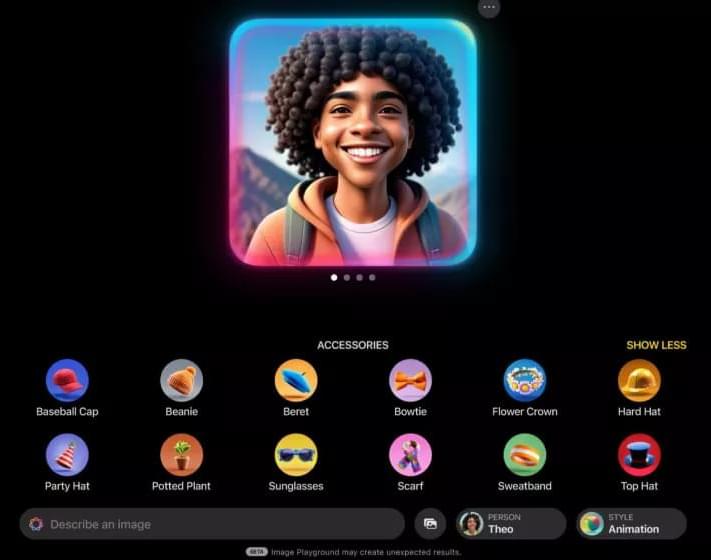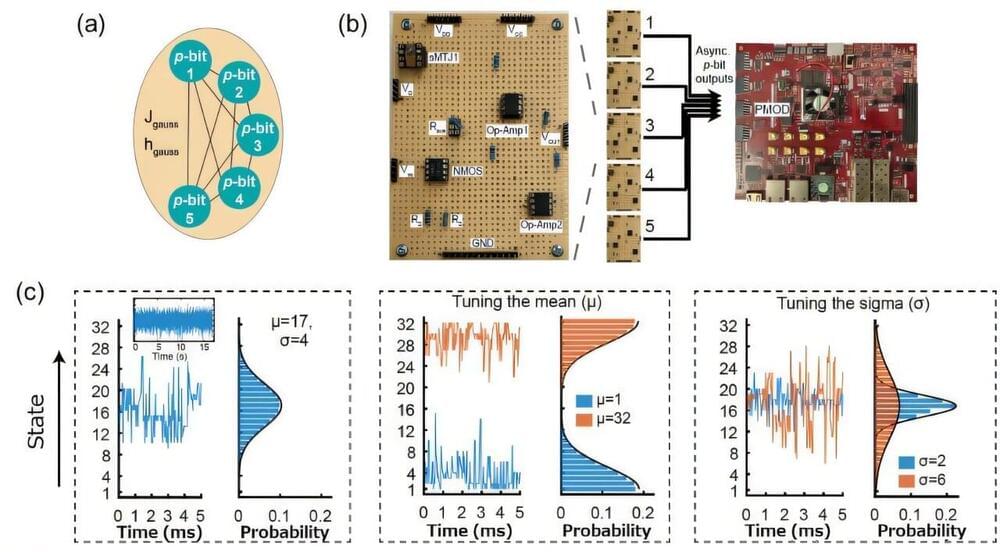Apple launched its long-awaited ChatGPT-Siri integration in the latest iOS 18.2, iPadOS 18.2, and macOS Sequoia 15.2 update today. The feature kicks in when you ask Siri something complex that Apple’s built-in AI can’t fully handle.



Use code isaacarthur at the link below to get an exclusive 60% off an annual Incogni plan: https://incogni.com/isaacarthur.
Technology offers us many options, including less reliance on others, but what does that entail and how autonomous can a person get?
Visit our Website: http://www.isaacarthur.net.
Join Nebula: https://go.nebula.tv/isaacarthur.
Support us on Patreon: / isaacarthur.
Support us on Subscribestar: https://www.subscribestar.com/isaac-a…
Facebook Group: / 1583992725237264
Reddit: / isaacarthur.
Twitter: / isaac_a_arthur on Twitter and RT our future content.
SFIA Discord Server: / discord.
Credits:
Off The Grid: Technological Autonomy.
Episode 477; December 12, 2024
Produced, Narrated \& Written: Isaac Arthur.
Editor: Donagh Broderick.
Graphics: Mafic Studios.
Select imagery/video supplied by Getty Images.
Music Courtesy of Epidemic Sound http://epidemicsound.com/creator.
Stellardrone, \

Researchers at Tohoku University and the University of California, Santa Barbara, have developed new computing hardware that utilizes a Gaussian probabilistic bit made from a stochastic spintronics device. This innovation is expected to provide an energy-efficient platform for power-hungry generative AI.
As Moore’s Law slows down, domain-specific hardware architectures—such as probabilistic computing with naturally stochastic building blocks—are gaining prominence for addressing computationally hard problems. Similar to how quantum computers are suited for problems rooted in quantum mechanics, probabilistic computers are designed to handle inherently probabilistic algorithms.
These algorithms have applications in areas like combinatorial optimization and statistical machine learning. Notably, the 2024 Nobel Prize in Physics was awarded to John Hopfield and Geoffrey Hinton for their groundbreaking work in machine learning.

Secret Blizzard has a track record of targeting various sectors to facilitate long-term covert access for intelligence collection, but their primary focus is on ministries of foreign affairs, embassies, government offices, defense departments, and defense-related companies across the world.
The latest report comes a week after the tech giant, along with Lumen Technologies Black Lotus Labs, revealed Turla’s hijacking of 33 command-and-control (C2) servers of a Pakistan-based hacking group named Storm-0156 to carry out its own operations.
The attacks targeting Ukrainian entities entail commandeering Amadey bots to deploy a backdoor known as Tavdig, which is then used to install an updated version of Kazuar, which was documented by Palo Alto Networks Unit 42 in November 2023.

Acting as an optics simulator, XLuminA explores all possible optical configurations.
Max Planck researchers developed an AI framework that autonomously designs microscopy experiments, optimizing it 10,000 times faster.

Land cover classification (LCC) of heterogeneous mining areas is important for understanding the influence of mining activities on regional geo-environments. Hyperspectral remote sensing images (HSI) provide spectral information and influence LCC. Convolutional neural networks (CNNs) improve the performance of hyperspectral image classification with their powerful feature learning ability. However, if pixel-wise spectra are used as inputs to CNNs, they are ineffective in solving spatial relationships. To address the issue of insufficient spatial information in CNNs, capsule networks adopt a vector to represent position transformation information. Herein, we combine a clustering-based band selection method and residual and capsule networks to create a deep model named ResCapsNet. We tested the robustness of ResCapsNet using Gaofen-5 Imagery. The images covered two heterogeneous study areas in Wuhan City and Xinjiang Province, with spatially weakly dependent and spatially basically independent datasets, respectively. Compared with other methods, the model achieved the best performances, with averaged overall accuracies of 98.45 and 82.80% for Wuhan study area, and 92.82 and 70.88% for Xinjiang study area. Four transfer learning methods were investigated for cross-training and prediction of those two areas and achieved good results. In summary, the proposed model can effectively improve the classification accuracy of HSI in heterogeneous environments.

Saar Yoskovitz is Co-Founder & CEO at Augury, a pioneer in AI-driven Machine Health and Process Health solutions for industrial sectors.
American manufacturers are at a crossroads, needing to decide between evolution and obsolescence. The tools that historically drove profitability and efficiency are no longer having an impact. Labor is hard to find and harder to keep. The National Association of Manufacturing projects that 2.1 million manufacturing roles will go unfilled by 2030. This hard truth is compounded by findings in Augury’s State of Production Health report, which reveals that 91% of manufacturers say that the mass exodus of industry veterans will worsen the knowledge gap.
An alarming rate of brain drain is looming over the industrial sector. As tenured employees reach retirement age and fewer professionals line up to take their place, more manufacturers are turning to artificial intelligence (AI) to bridge the gap.
